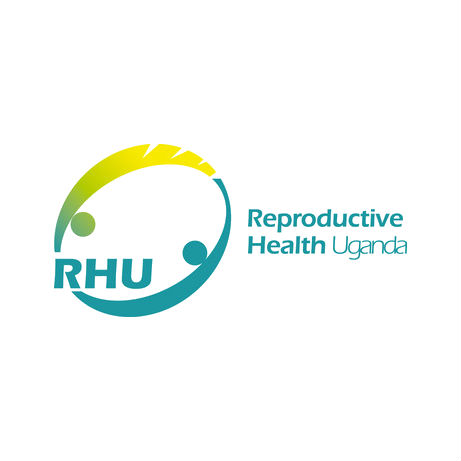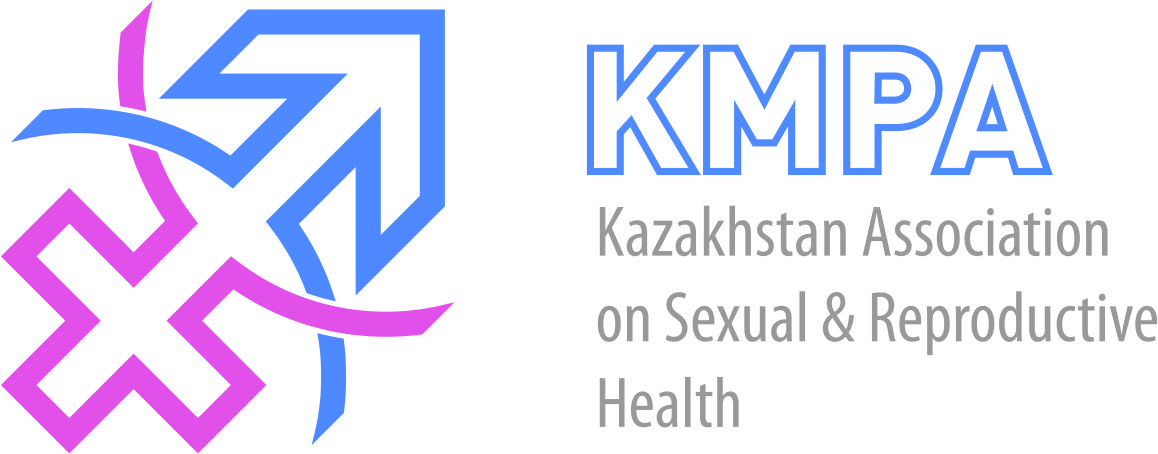

| 31 March 2016
Reproductive Health Uganda
The people of Uganda face urgent sexual and reproductive health (SRH) issues, with high prevalence of HIV and AIDS and unmet needs for contraception presenting some of the most immediate and life-threatening risks. Reproductive Health Uganda (RHU), formerly the Family Planning Association of Uganda, was established in 1957. It now provides services in 29 of the country’s districts through 768 service points: 17 static clinics, 74 mobile facilities, 35 associated clinics and a network of hundreds of community-based distributors/community-based services (CBDs/CBSs). RHU's comprehensive range of services include family planning, the prevention and treatment of HIV and AIDS, the diagnosis of sexually transmitted infections and post-abortion care. The work is led by a full-time staff of 19, supported by nearly 4,000 volunteers. These include 56 community-based distributors, 118 peer educators and a Youth Action Movement which has nearly 1,000 members. An estimated 98% of RHU's clients are poor, marginalized, socially excluded and/or under-served. Target groups include internally displaced persons, young women in conflict-affected areas, sex workers, hawkers, saloonists, bicycle taxi operators and maids. RHU undertakes high level advocacy work. At present, advocating for policies and government action to end female genital mutilation (FGM) is one of its top priorities. RHU runs training schemes for other non-governmental organizations (NGOs) and health professionals. RHU representatives sit on the government’s SRH advisory board and RHU has played a critical role in shaping, developing and implementing policies on gender, adolescent reproductive health, domestic relations, safe motherhood, and private partnerships for health. RHU provides technical assistance to IPPF Member Associations (MAs) in Swaziland, Sierra Leone, Tanzania, Namibia and Rwanda. RHU works with an immense range of NGOs and private sector organizations and it receives funding and support from over 20 different donors based locally, regionally, nationally and internationally. The organization is a national convenor: bringin together a broad range of agencies in Uganda which are engaged in campaigning and delivering services to coordinate work and synthesize efforts within the country for maximum impact. Contacts Website: www.rhu.or.ug Facebook: https://www.facebook.com/rhuganda Twitter: https://twitter.com/RHUganda

| 31 March 2016
Kazakhstan Association on Sexual and Reproductive Health
The Kazakhstan Association for Sex and Reproductive Health (KMPA) was established in 1997, in close collaboration with other IPPF Member Associations in central Asia, including those in Kyrgyzstan, Tajikistan and Uzbekistan. The organization currently has 13 branches and 2 regional offices, in Kostanay and Astana. KMPA’s outlets are all fully equipped to deliver contraceptive advice and services and antenatal and post-natal care. The organization trains trainers in sexual and reproductive health (SRH) teaching, education and awareness raising, covering the full range of SRH concerns including unwanted pregnancy, sexually transmitted infections (STIs) (including HIV and AIDS), contraception and abortion. KMPA is particularly focused on the sexual and reproductive health and rights (SRHR) of refugees, internally displaced persons (IDPs) and other migrants, and the prevalence of trafficking women and children. KMPA was a major contributor to the International Organization of Migration’s (IOM’s) national information campaign to prevent trafficking. This campaign seeks to raise awareness of the risks associated with the trade. Both with regard to SRHR and trafficking, KMPA has organized information campaigns involving the publication and dissemination of handouts, press releases and articles, the creation and management of an SRH hotline, and the provision of training courses for non-governmental organizations and government officials.







